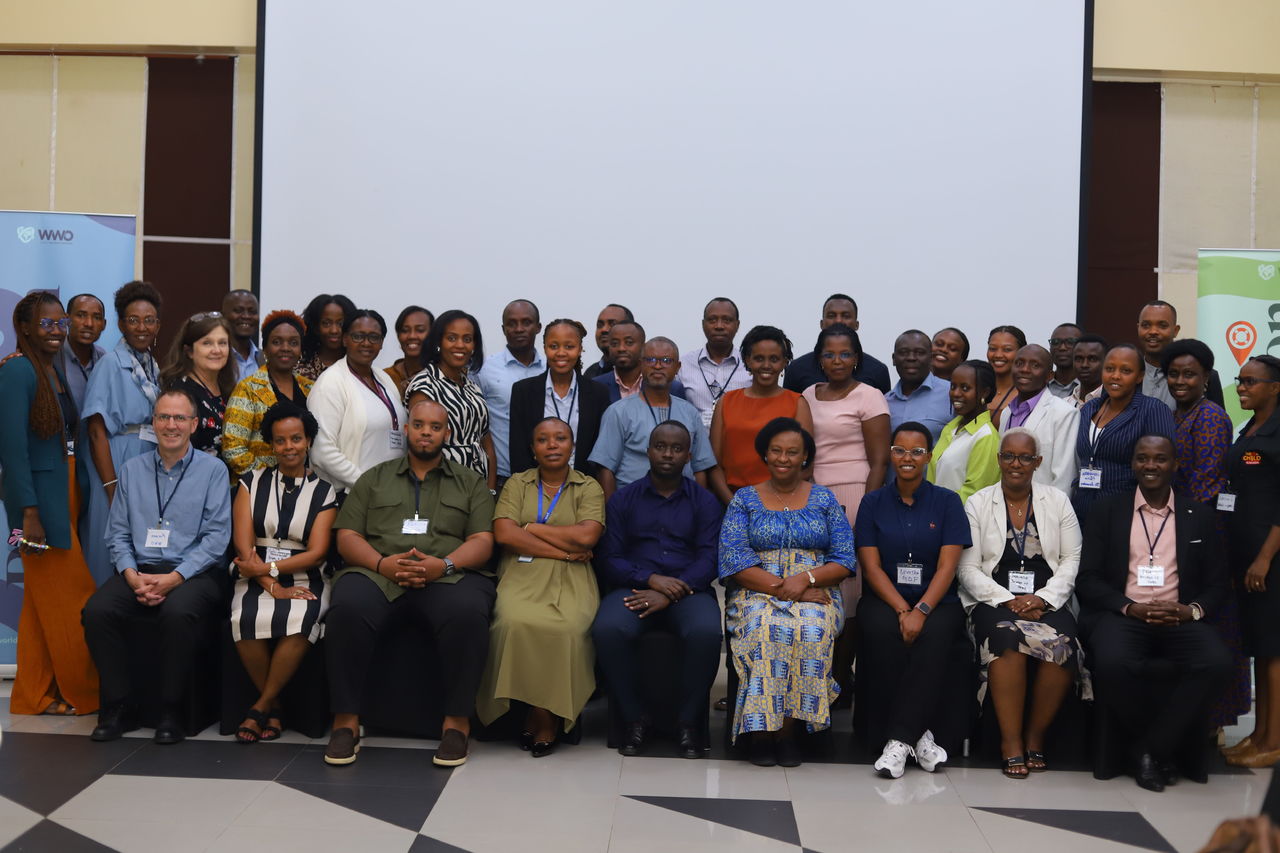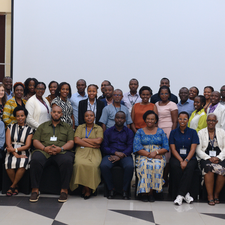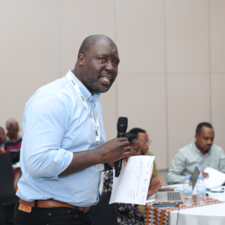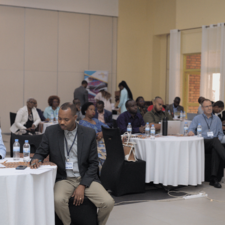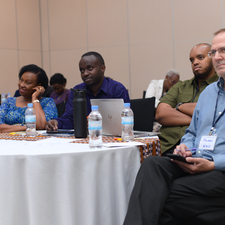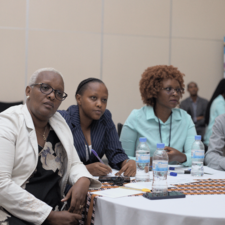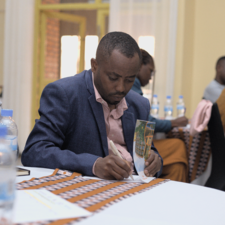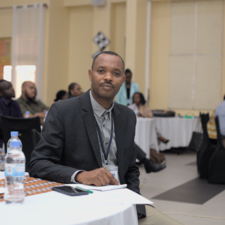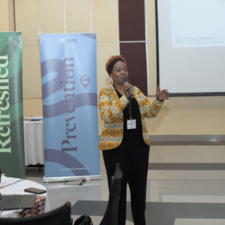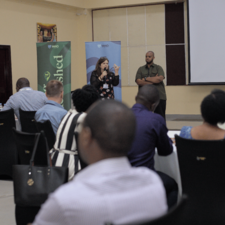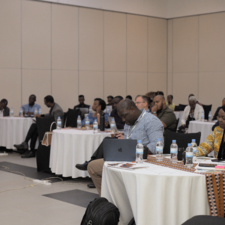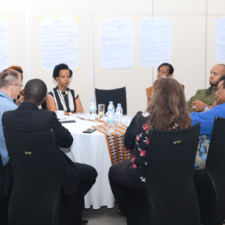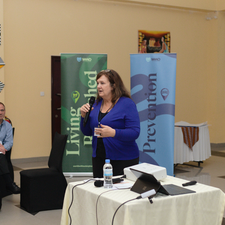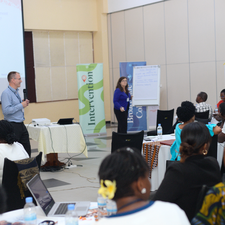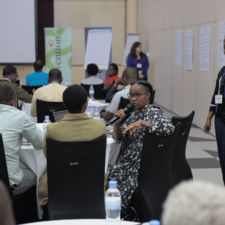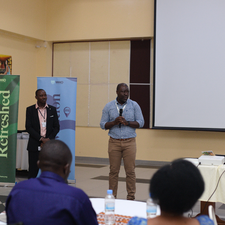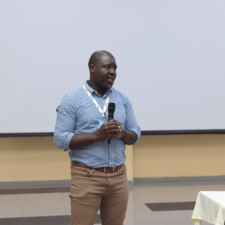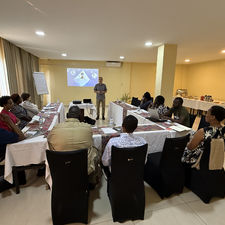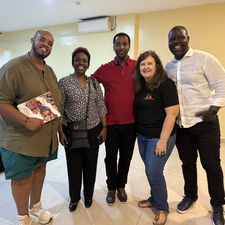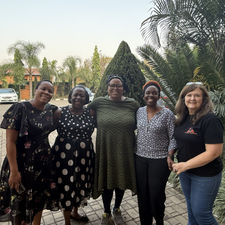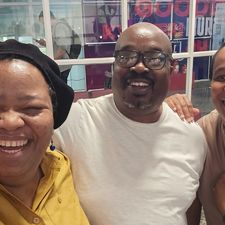Recently, 54 leaders from seven African nations met at a WWO national roundtable and Africa Regional gathering held in Kigali, Rwanda. The roundtable provided a platform for multi-generational leaders to build upon the success they have already had in improving the situation for children in their country. Since the Rwandan genocide 31 years ago that killed one million people in three months and left many children orphaned, the country has worked hard to transition children from orphanages and place them in families.
“The Rwandan Roundtable was powerful, as significant leaders (both young and old) from churches, organizations, global agencies, and government were catching the vision and understanding the principles for pursuing a world without orphans,” said Karmen Friesen, WWO Executive Team. “Rwanda is already a miracle story in the way it responded to the crisis left after the genocide. In partnership, groups including The Peace Plan and Hope and Homes for Children, launched a campaign called Orphans No More and were able to transition most children in orphanages to families. Yet the leaders of that many-year effort are seeing something new and different in the WWO vision. With over 90% of the country identifying as Christian, they are excited about the opportunity to engage the Church further for the challenges children and families face. Participating church leaders were captivated by the vision for a ‘Rwanda without orphans’ and see great potential in renewed collaboration.”
An official from the government Ministry of Gender said that he really appreciated the “WWO mission, vision, and the approach in general, especially the focus on prevention and involving family and church while dealing with children’s issues.”
WWO Roundtables also bring renewed energy and vision to the WWO team itself. Shelton Taguma, WWO Regional Ambassador, Africa, helped host the Roundtable and Regional Gathering in Rwanda. “I am so grateful to have had the opportunity to share and learn from national leaders in Rwanda and six other African countries. This experience has provided valuable insights as we reflect on and pursue the vision of an Africa without orphans,” said Taguma. “Our team learned so much, from the reconciliation that transformed their society, to working through the questions that helped us clarify how to communicate our message better. And our team has a renewed vision and strategy for walking alongside leaders who desire to collaborate to solve their own country's orphaned and vulnerable child crisis. We are excited for what God has in store for us as we continue to journey together!”
The WWO team also had the opportunity to delve deeper into strategy and planning for seeing more children in loving and safe families in Africa during the two-day African Regional Gathering, designed to bring WWO Regional leaders together immediately following the Roundtable. This helps ensure the leaders get support to build learning communities and build upon the discussions and action plans they created at the Roundtable. This also allows us the opportunity to reshare and transfer the vision, mission, foundations, values, and roadmap of WWO that guides national engagement.
